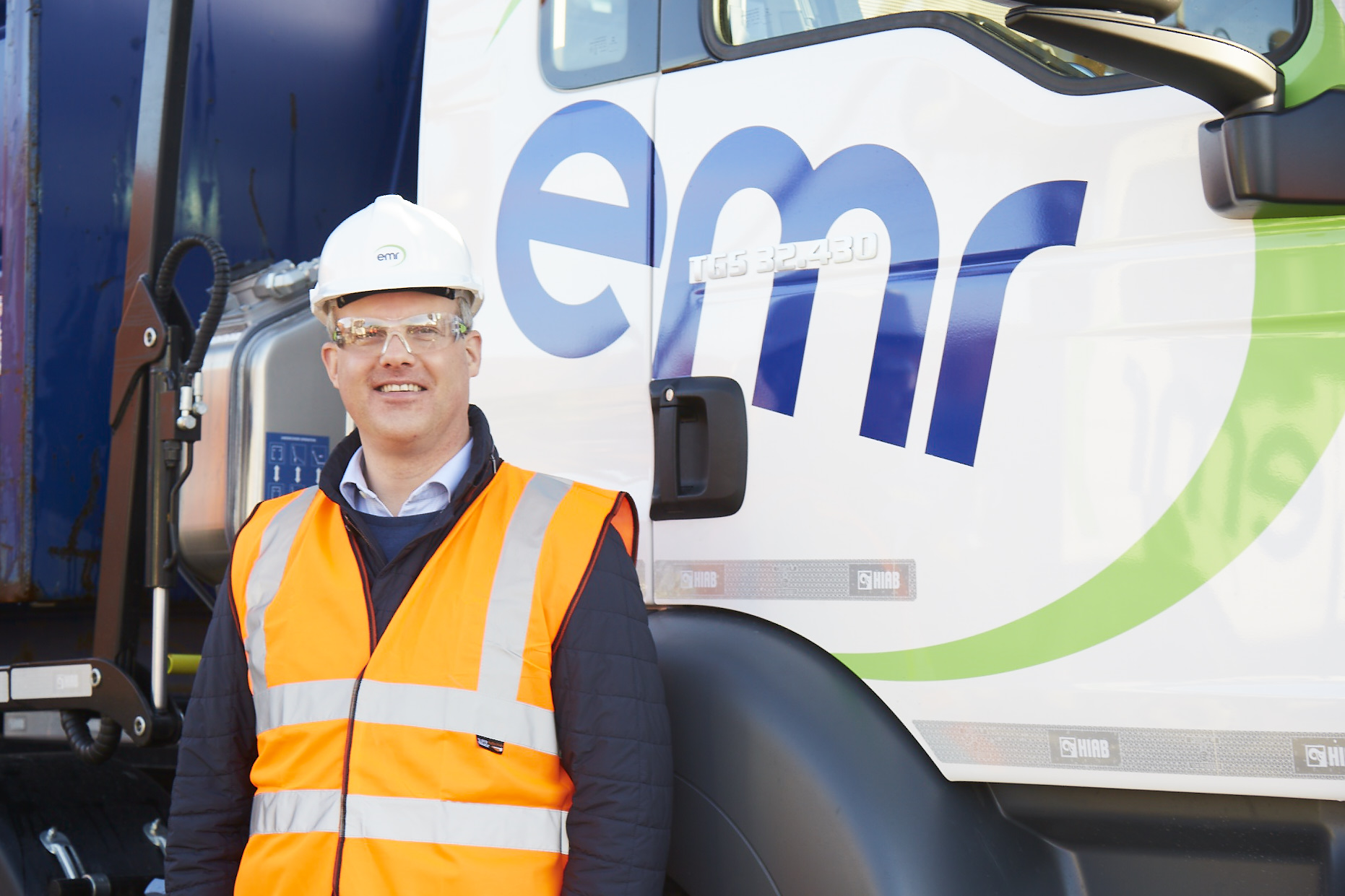CHOOSE
A DIFFERENT TERRITORY

As vital precious metals and natural resources run low, or prove increasingly difficult to mine, organisations are having to explore alternative methods to satisfy global demand. In many cases, a renewed focus on secondary raw materials is the answer. Essentially, stepping up the use of recycled raw materials in all areas of industry, explains Ian Sheppard, Managing Director at EMR.
Mining operations are becoming more challenging and riskier every year as new territories are explored and operations go deeper or farther than before. The environmental damage, above or below surface, comes with a price that can’t always be reversed, which is why recycling raw materials is always the preferred option.
Technology to fully and effectively reuse existing materials is being developed. Steel recycling, for example, is a green, feasible and easily accessible alternative to continued mining and destruction of our environments. It produces metals that are generally to the same standard as newly mined product.
Recently in Australia, we have seen the impact that mining can have on sacred indigenous sites like that at the Juukan Gorge. Here, the mining operator unintentionally destroyed parts of the site during blasting. As the need for metal mining continues, accidental damage such as that at Juukan Gorge may be repeated.
However, we don't need to take these risks, with our health, our environment or our cultural sites. Steel recycling technology has developed rapidly over the last several decades. The global metal recycling market is forecast to grow at a rate of 7.0 percent and reach $86 billion US Dollars by 2027.
Almost every country in the world is working towards specific commitments to reducing waste and protecting the environment, as laid out in the Paris Climate Agreement.
For the UK, metal recycling contributes more than any sector to the country’s ‘end of life’ material; recovery carbon impact targets. It’s a strong area of the economy that protects the environment and saves energy and waste. The industry also employs a large workforce, while EU figures indicate that using recycled raw materials, including metals, cuts CO2 emissions by some 200 million tonnes every year.
Sustainability is at the core of everything we do at EMR. Discover more about Our Decade of Action commitment that aims to protect our natural resources and much more besides.